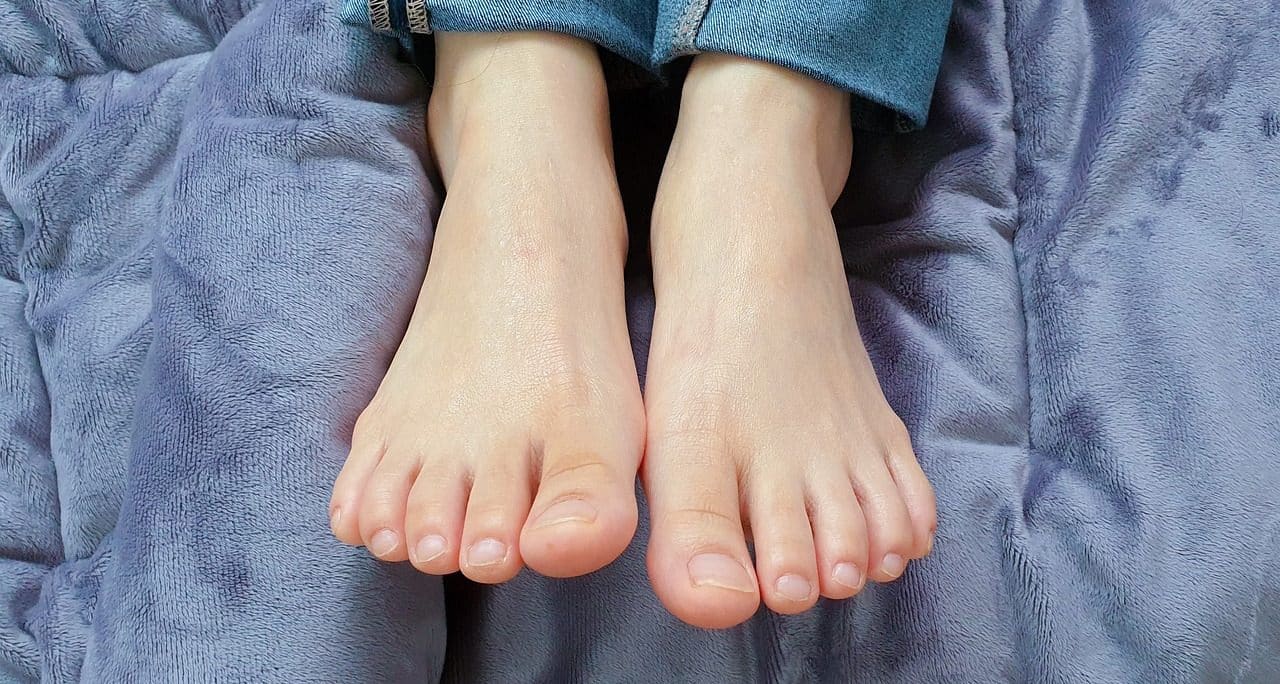
Paraesthesia may be associated with tingling or numbness.
Paresthesia is a disorder characterized by unusual sensations that people suffering from certain circulatory or nervous system problems experience on their skin . These sensations can range from numbness to tingling or itching . Another symptom that is usually linked to paresthesia is burning .
Before moving forward with the definition, it is necessary to determine its etymological origin. In this sense, we can say that it is a word that derives from Greek, since it is the result of the sum of three clearly delimited parts of said language: the prefix para- , which can be translated as “together” or “against” ; the noun aesthesis , which is synonymous with “sensation” ; and the suffix -ia , which is used to indicate quality.
Characteristics of paresthesia
Paraesthesia is usually experienced in the extremities , whether upper or lower, although the sensation can extend to all parts of the body . There are different types of paresthesia depending on how it presents.
Sometimes, the subject does not easily notice what is happening to him, although he recognizes that he cannot use his hands or legs normally. The sensation of paresthesia increases when the limb rests on a body. To eliminate these abnormal sensations, the person can move the limb in question to try to regain its normal functioning.

Paraesthesia is usually felt in the extremities.
Possible causes
Possible reasons for paresthesia include nerve injuries , blood supply problems, hernias, strokes, and various diseases (multiple sclerosis, hypothyroidism, and others).
However, there are many other causes that can give rise to paresthesia:
- Diabetes.
- Rheumatoid arthritis.
- Alcoholism.
- Brain tumor.
- Post-traumatic nerve damage.
- Carpal tunnel syndrome.
Paraesthesia can also appear due to intoxication , a lack of certain vitamins, a panic attack or even from simply maintaining the same position for a long time.
Paresthesia due to immobility
It is possible, therefore, to experience paresthesia if we remain seated without moving for several hours.
When we try to sit up, we probably feel that our legs are “asleep” and that, if we try to move them normally, a tingling sensation appears. This sensation will disappear little by little, as we move our legs again and try to walk normally.
The treatment
When treating paresthesia, it must be taken into account that this is something that will depend not only on the causes that motivated it but also on its severity. And the thing is that, for example, people who suffer from a serious illness must take the relevant medications in order to reduce and alleviate both that and any other symptoms.
In the same way, it is interesting to highlight that there are those who resort to alternative therapies to be able to cope with paresthesia. Thus, there are individuals who make the decision to opt for acupuncture or undergo various massages.
